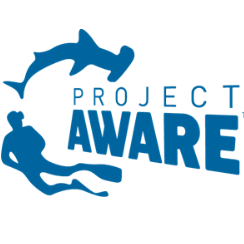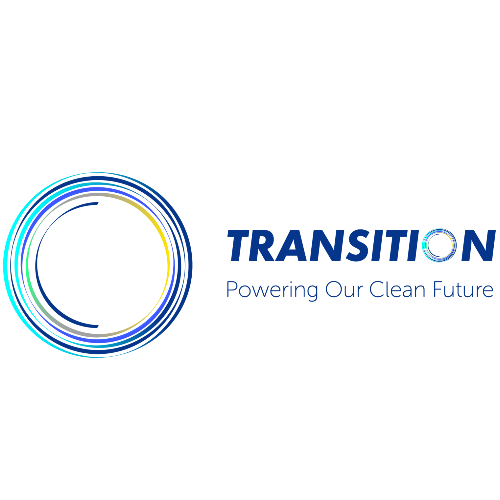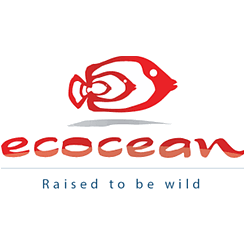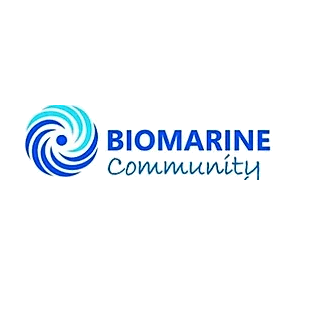Covid and the Health of our Oceans

Covid-19 has had a dramatic impact on the lives and livelihoods of communities all across the world. For the first time in history, the world has literally come to a standstill, with people being forced into lockdown, businesses closed and transportation shut down. The effects are not limited to land-based businesses and operations, but extend to marine-based activities such as shipping, fisheries and tourism — collectively known as the blue economy — which according to the World Wildlife Fund is valued at US$2.5 trillion annually, making it the world's 7th largest economy.
Since the world has been forced to shut down commercial, social and recreational activities, these ocean-based sectors have been hit hard. Some regions have seen maritime shipping drop by as much as 30%. Fishing operations have fallen by up to 80% in West Africa and China due to a lower demand for seafood resulting from lockdowns and restaurants/markets being closed. Other countries who depend on ocean- or beach-based tourism have closed their borders, and in some cases, even their beaches. It is estimated that the financial impact of Covid-19 on tourism globally, may result in a US$7.4 billion loss, putting 75 million jobs at risk.
Global crisis or golden opportunity for change?
Yet, while global Covid-19 shutdowns may have had a devastating impact on the blue economy and coastal communities all around the world that depend on the ocean for their food security and livelihoods, in the face of this adversity, there is one potential winner: the ocean itself.
A halt in shipping, fishing and tourism activity may have given the ocean the reprieve it needs, allowing it to recover from overexploitation and pollution to some extent. However, if we truly wish to restore ocean health in the long-term, we need to grab this small window of opportunity to make lasting changes that will ensure that these positive effects are carried forward into the future.
Can we make the blue economy more sustainable?
To achieve this we need to proactively push for better protection and more sustainable use of our marine resources. However, this will require a multi-pronged approach that targets the various problem areas outlined below:
• Sustainable Tourism - The tourism sector has taken a huge knock as a result of the Covid-19 pandemic, and will no doubt be affected for some time. One way to prevent job losses in this sector is to use support funds to provide employment opportunities in marine ecosystem restoration programmes, for example coastal wetlands and coral reefs, while tourism is shuttered. Restoring these ecosystems will provide a return on investment by offering enhanced tourism opportunities in the future.
• Sustainable Fisheries - Rehabilitating sensitive marine ecosystems such as coral reefs and coastal wetlands that serve as nursery grounds for a wide range of marine species can also improve fisheries. Expanding Marine Protected Areas, developing aquaculture projects, and implementing sustainable fishing practices, as well as improved monitoring of both marine resources and fishing fleets, will also help prevent overexploitation and protect coastal communities dependent on these resources for their survival.
• Ethical Labour Practices - More effort should be put into protecting the health and welfare of vulnerable marine workers, especially in the light of Covid-19, and preventing overexploitation or forced labor on the high seas.
• Tackling Marine Pollution —Shipping emissions need to be reduced, as CO2 is a greenhouse gas that contributes directly to climate/ocean warming and ocean acidification and indirectly to sea level rise. Marine plastics, including the surge in Covid-19 related inputs from discarded gloves and masks, needs to be addressed, as well as other ecologically harmful pollutants such as chemicals, and nutrients that stimulate harmful algal blooms and toxic red tides.
Can technology save the ocean?
Advances in technologies can help us improve fishing practices and prevent unwanted bycatch, as well as help trace the point of origin of seafood and track overfishing and illegal fishing operations to make fisheries more sustainable. We can also encourage local fishing communities to report illegal fishing activity, thereby empowering them to protect the marine resources they depend on from overexploitation by illegal fishing operators. Having access to computer networks with current data readily available can help improve our understanding of marine ecosystem dynamics and assist us to better manage our marine resources. One example of this is the World Sustainability Organisation's Friend of the Sea Programme, which operates a certification scheme for sustainable fishing fleets and seafood products, as well as for aquaculture, shipping and cruise lines, restaurants, tourism operations, and even beaches that meet their sustainability standards.
Healthy oceans support human health
The ocean not only provides us with the oxygen that sustains all life on Earth, it also absorbs carbon dioxide and provides us with an abundance of food. The ocean is also a vast source of medicinal cures, including an antiviral vaccine that has recently been approved for use on Covid-19 patients. Maintaining this rich marine biodiversity is crucial not only to the health of the oceans and the planet, but also to human health.
Sources
https://news.un.org/en/story/2020/05/1063832
https://chinadialogueocean.net/13619-healthy-ocean-help-fight-pandemics/
https://www.weforum.org/agenda/2020/05/how-to-build-a-bluer-ocean-economy-after-cobid-19/
https://gritdaily.com/can-technology-save-the-ocean/
https://www.worldwildlife.org/stories/ocean-assets-valued-at-24-trillion-but-dwindling-fast
https://www.independent.co.uk/news/coronavirus-masks-gloves-oceans-pollution-waste-a9469471.html










